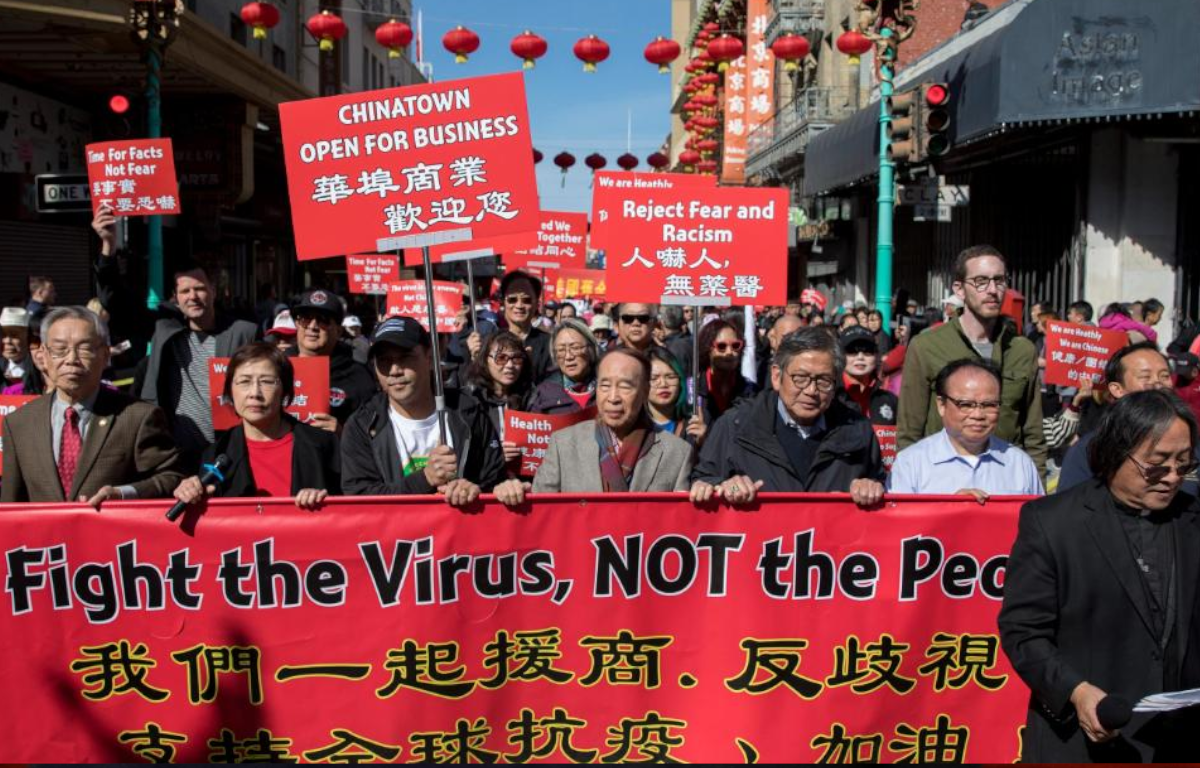
As Beijing endeavors to attract foreign investments, partnerships, and positive perceptions, various challenges and controversies have emerged, contributing to a perception shift among global observers.
The charm offensive, a strategic effort by China to win over foreign governments, businesses, and public opinion, has been a multifaceted endeavor. It encompasses economic initiatives such as the Belt and Road Initiative (BRI), cultural exchanges, diplomatic gestures, and public relations campaigns aimed at showcasing China’s strengths and opportunities. These efforts were designed to portray China as a reliable partner, a leader in global development, and a welcoming destination for foreign engagement.
However, recent developments have cast shadows over China’s charm offensive. One significant factor is the erosion of trust due to geopolitical tensions and disputes. Issues such as territorial claims in the South China Sea, human rights concerns in Xinjiang and Tibet, cybersecurity controversies, and assertive diplomatic maneuvers have strained relations with key partners and tarnished China’s image on the world stage.
Economic considerations also play a role in the fading allure of China’s charm offensive. While the Chinese market remains attractive due to its size and growth potential, foreign businesses are increasingly wary of regulatory uncertainties, intellectual property issues, market access barriers, and uneven playing fields. These challenges, coupled with geopolitical risks, have led some companies to reconsider their investments and partnerships in China.
Moreover, China’s approach to global governance and norms has drawn scrutiny and criticism. From its stance on issues like climate change and trade practices to its engagement with international organizations, China’s actions have sparked debates about compliance with established rules and norms, transparency, and accountability.
Cultural and soft power efforts, while significant, have also faced challenges. China’s attempts to promote its language, culture, and values globally have encountered resistance in some regions due to perceptions of cultural imperialism, censorship, and propaganda concerns. This has hindered the effectiveness of China’s cultural diplomacy and soft power initiatives.
In response to these challenges, China has adapted its charm offensive strategy. Efforts to emphasize win-win cooperation, economic opportunities, and mutual benefits have been reinforced. Diplomatic outreach, public diplomacy campaigns, and targeted messaging to address concerns and misconceptions have also been employed.
However, the evolving global landscape, coupled with ongoing tensions and controversies, suggests that China’s charm offensive faces an uphill battle in restoring its former allure. Building and maintaining trust, addressing contentious issues transparently, fostering reciprocal relationships, and upholding international norms and standards will be critical factors in determining the success of China’s efforts to win hearts and minds globally.










Share this: